Seminar 1. ALT Seafood- a sustainable food future?
ALT seafood, plant-based, fermentation-derived and cell-based seafood, is emerging with potential to help meet the growing seafood demand, but has attracted a mixed reaction by a range of stakeholders. The Big Fish Series seminar 1 panellists will discuss ALT seafood as a novel type of food and implications for conventional seafood.
The event will start by a presentation introducing ALT seafood by former Acting Head of Aquaculture at FAO, Dr Malcolm Beveridge, followed by a discussion of the topic by a panel including Dr Tara Garnett, Dr Joyce Kinabo, Dr Carsten Krome, Jen Lamy, Nisha Marwaha and Dr Charles Ngugi. The seminar will be hosted by Dr David Little (Institute of Aquaculture, University of Stirling) and Dr Gareth Johnstone (WorldFish).
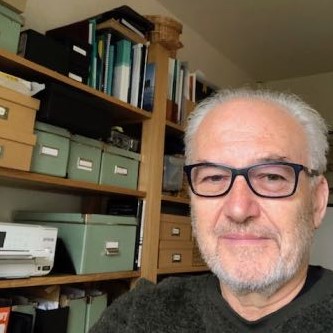
Malcolm Beveridge
Independent researcher
In a career in aquaculture and fisheries spanning 40 years Malcolm Beveridge has served as Acting Head of Aquaculture at FAO, Director of Aquaculture at WorldFish and Director of the Scottish Government Fisheries Research Services Freshwater Laboratory. He was also a member of academic staff at the Institute of Aquaculture, University of Stirling and a research fellow at the College of Fisheries, University of the Philippines. He now lives in Scotland.
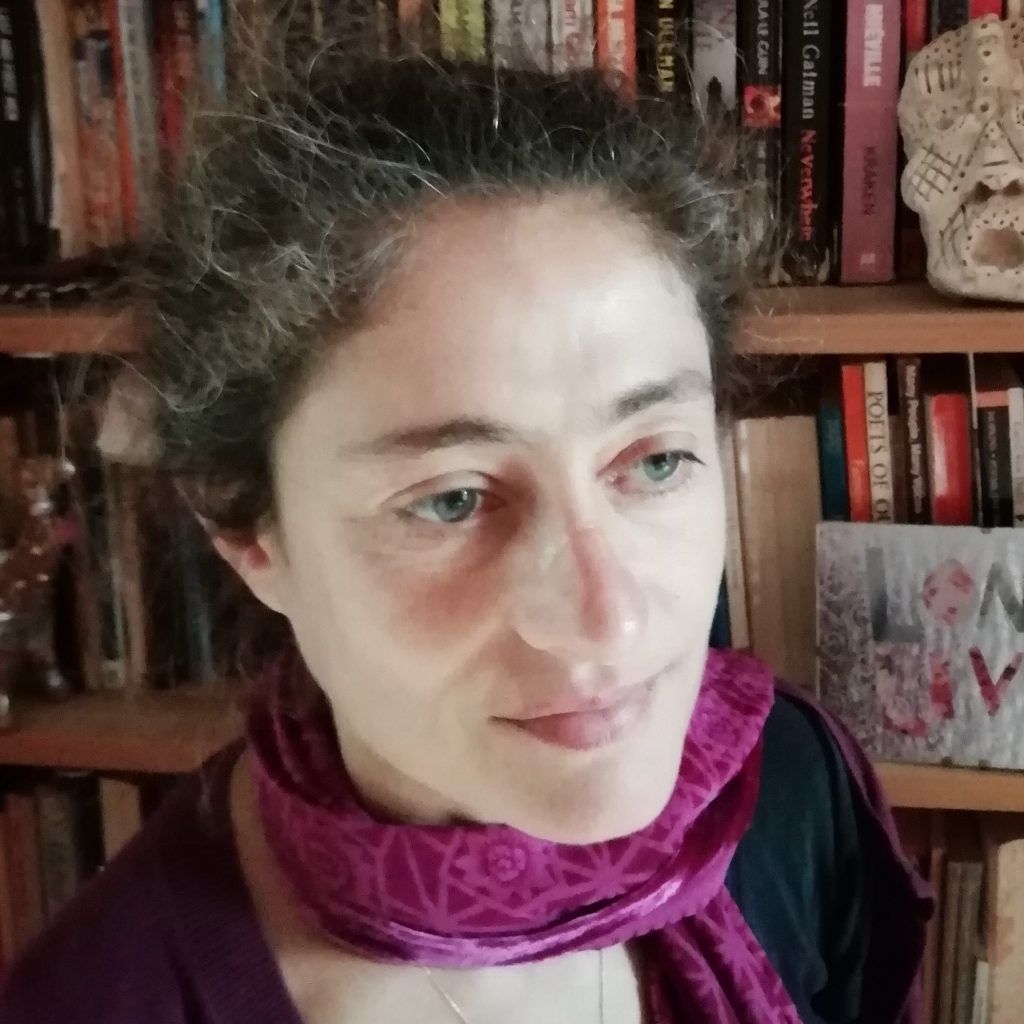
Tara Garnett
Food Climate Research Network Leader, Environmental Change Institute, University of Oxford
Tara has worked on food for over 25 years within both the NGO and academic sectors. Since 2012 she has been a researcher at the Environmental Change Institute at the University of Oxford, a fellow of the Oxford Martin School and part of the Wellcome Trust-funded LEAP project. In 2005 she founded the Food Climate Research Network (FCRN), Table’s precursor. Tara has a degree in English Literature (University of Oxford), a Masters in Development Studies (School of Oriental and African Studies) and a PhD from the Centre for Environmental Strategy at the University of Surrey. In 2015 she was awarded the Premio Daniel Carasso.
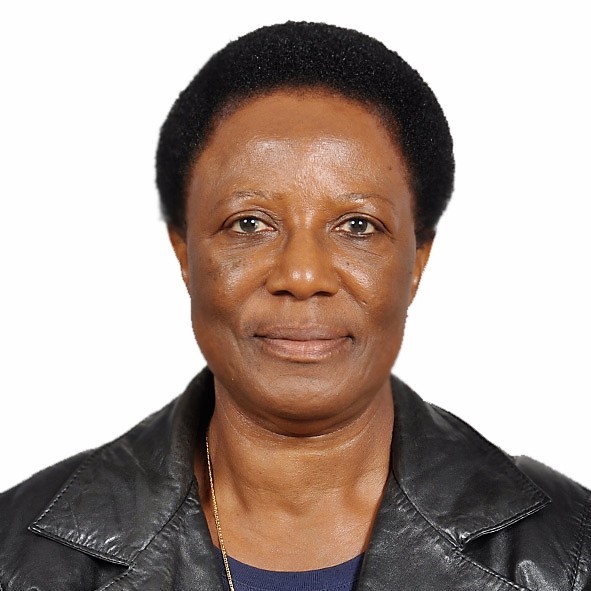
Joyce Kinabo
Professor of Human Nutrition in the Department of Food Technology, Nutrition and Consumer Sciences at the Sokoine University of Agriculture in Morogoro, Tanzania
Current research activities include the development and testing of Eco-Nutrition guidelines to enable communities to best respond to the challenges of food insecurity, inadequate care and inadequate environmental quality in the context of climate change. Joyce has served/is serving in numerous advisory panels and committees of international bodies and societies related to Food and Nutrition Security, including FAO, UN WFP and IFAD. Currently, she is the chair of the Board of Tanzania Food and Nutrition Centre.
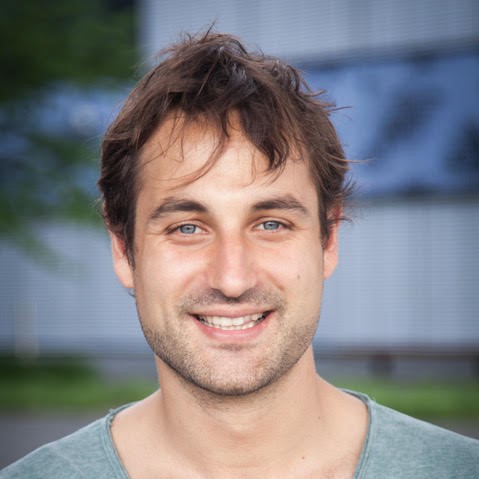
Carsten Krome
Managing Partner and Co-Founder of HATCH
Carsten worked as a technical analyst for an aquaculture investment fund before launching Alimentos Ventures. Prior to founding HATCH in 2017, he oversaw equity investments in various aquaculture feed, health and production companies. Carsten holds a PhD in aquaculture nutrition from the Institute of Aquaculture, University of Stirling, has been a lecturer at Yale University and has a number of published works focusing on alternative feed ingredients.
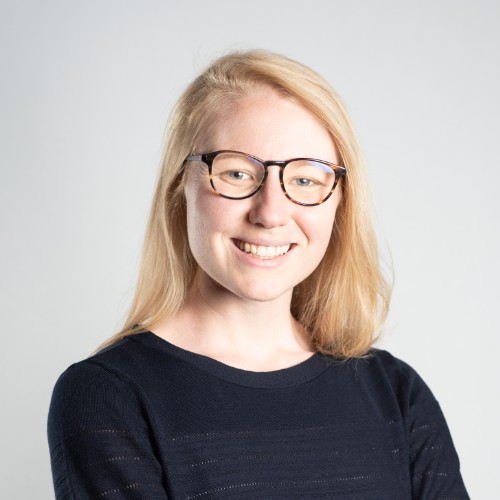
Jen Lamy
Sustainable Seafood Initiative Manager, The Good Food Institute
Jen manages the expansion of Good Foof Institute’s Sustainable Seafood Initiative to ensure that it proceeds strategically and with the input and involvement of key stakeholders. Her academic background is in environmental economics and sustainable food systems and she most recently worked on federal climate policy advocacy. Jen holds a master’s in environmental management from Duke University’s Nicholas School of the Environment and a bachelor’s in economics and environmental studies from Wellesley College.
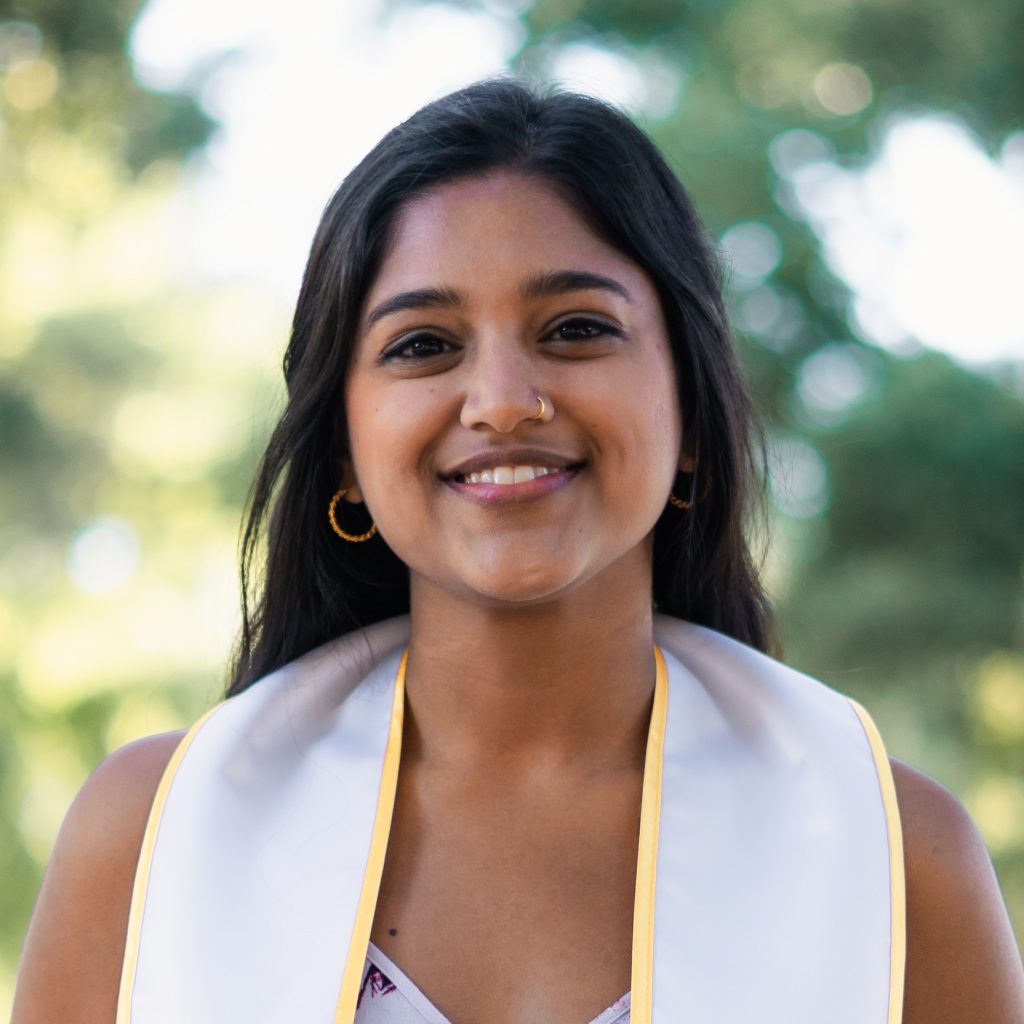
Nisha Marwaha
Nisha is an intern in the Sustainable Aquaculture Program at WorldFish, an international nonprofit research organization that works to strengthen livelihoods and enhance food and nutrition security by improving fisheries and aquaculture. Her academic background is in agricultural engineering and sustainable food systems. Nisha holds a master’s and bachelor’s in biological systems engineering with an emphasis in agricultural and natural resources engineering from UC Davis.
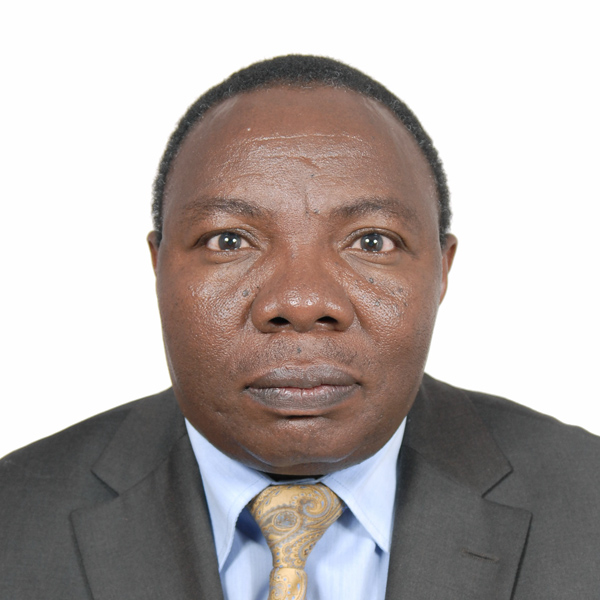
Charles Ngugi
Dean of the School of Natural Resources and Environmental Studies at Karatina University, Kenya
Charles is currently regional coordinator and Principal Investigator for the Aquaculture and Fisheries Collaborative Research Programme (AquaFish Innovation Lab). Charles research interests in the fields of fish biology and aquaculture include the development of low-cost fish feeds for fish farmers in Africa. He served as Fisheries Secretary and Chief Technical Adviser to the Principal Secretary, Ministry of Fisheries Development for three years. Charles has worked for 18 years as a consultant with USAID, Msingi East Africa, DFID and FAO, and has received the numerous awards including the 2020 UK Aquaculture “Unsung Hero” award.
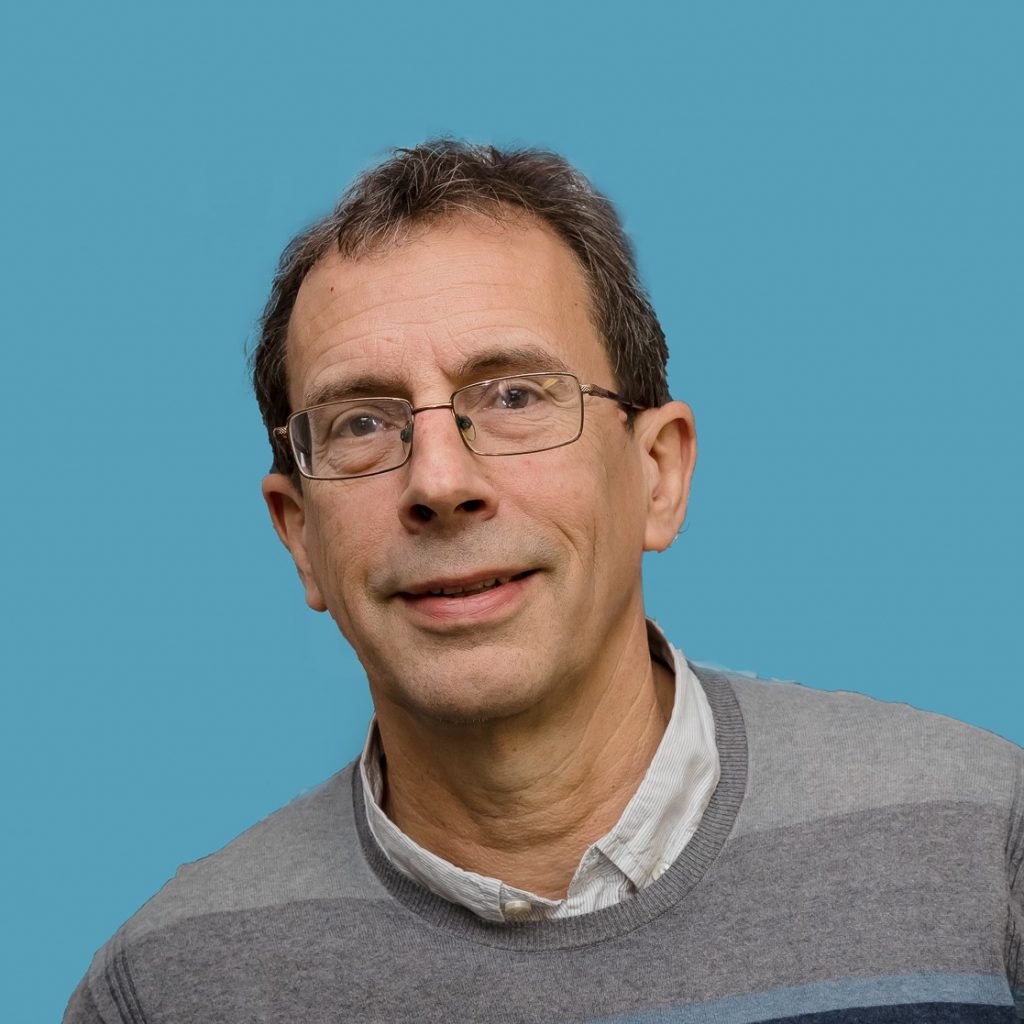
David Little
Chair of Aquatic Resource Development at the Institute of Aquaculture, University of Stirling
David’s research interests focus around the societal impacts of aquaculture and the importance of seafood in food systems. As part of the Aquaculture Systems research group at the Institute, he has developed a wide range of research, with a focus on Asia and Africa. He has published widely on the interface between aquatic food production and natural resource management. He has been involved in many expert consultations such as those relating to Food Futures (UK Government), novel feed sourcing strategies, (World Fish), sustainable intensification (FAO-NACA), aquaculture certification (WWF, FAO) and the roles of aquaculture in poverty alleviation (DFID).
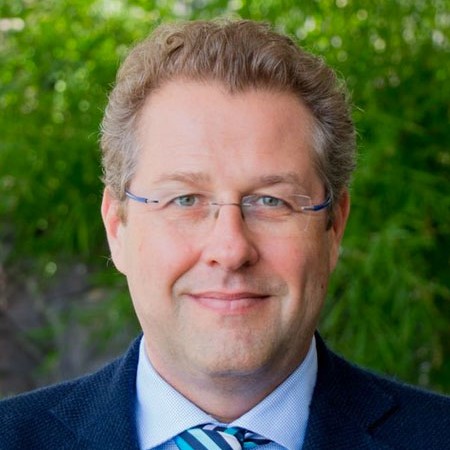
Gareth Johnstone
Director General for WorldFish
Gareth is a geographer with 25 years of professional experience in natural resource management and research, with an emphasis on governance issues, policy development, capacity building and institutional development. He is an advocate for cross-disciplinary and participatory research in environment and development, and he specializes in integrated coastal management, ecosystem approaches to fisheries, sustainable livelihoods, food security and co-management, particularly within small-scale fisheries and aquaculture. Gareth has undertaken numerous assignments in Africa, Southeast Asia, the Pacific and Australia, such as the CGIAR Research Program in Cambodia on Aquatic Agricultural Systems (AAS) and the Myanmar Country Program.